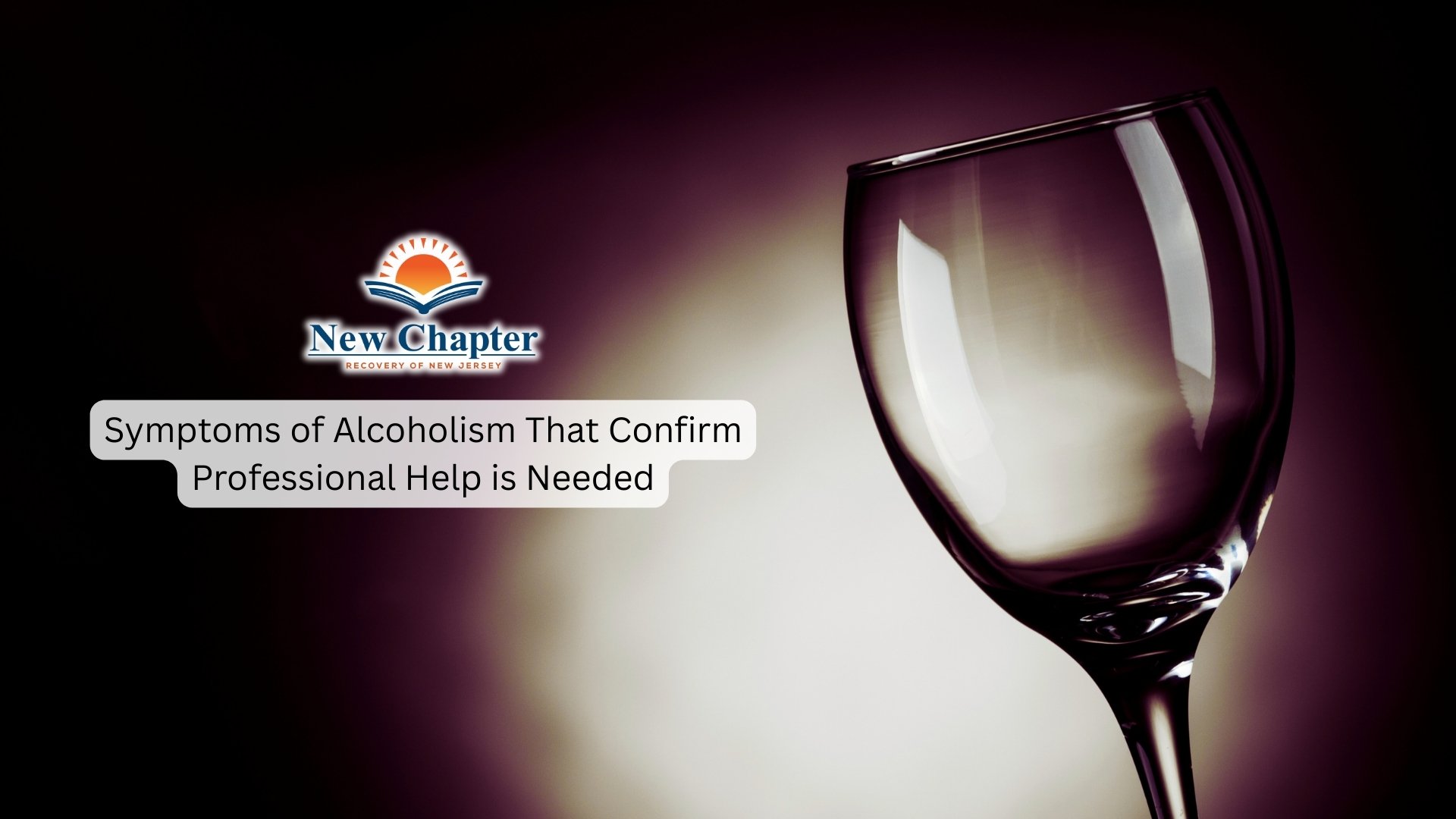Alcohol withdrawal seizures are a serious and potentially life-threatening complication that can occur during the withdrawal process in people with chronic alcohol use or alcohol use disorder. Understanding how seizures from alcohol withdrawal are caused is essential for anyone managing alcohol dependence or supporting someone through alcohol detox.
This article explores the neurobiological mechanisms behind alcohol withdrawal seizures, the risk factors involved, typical symptoms of alcohol withdrawal, and the importance of proper treatment for alcohol use disorder and withdrawal management.

What Is Alcohol Withdrawal Syndrome?
Alcohol withdrawal syndrome (AWS) refers to the range of symptoms that occur when a person who has been drinking heavily or regularly suddenly reduces the amount of alcohol they drink, or stops alcohol consumption.
The severity of withdrawal symptoms varies widely, from mild anxiety and tremors to severe alcohol withdrawal delirium and seizures. People with significant alcohol withdrawal may experience symptoms such as sweating, nausea, and irritability. In some cases, these symptoms include seizures.
Planning to stop drinking after prolonged alcohol use should be done with medical support. Professional care, such as medically supervised detox and addiction treatment programs, can help manage withdrawal symptoms, prevent seizures and other serious complications, and provide a safer, more stable path to recovery.
Why Does Alcohol Withdrawal Cause Seizures?
Chronic alcohol abuse alters the brain’s chemistry, particularly affecting the central nervous system. Alcohol acts as a depressant, enhancing the inhibitory neurotransmitter GABA and suppressing excitatory neurotransmitters like glutamate. Over time, the long-term effects of alcohol and repeated exposure cause the brain to adapt by downregulating GABA receptors and upregulating glutamate receptors in an effort to maintain balance.
When alcohol intake suddenly stops or drastically decreases, this balance is disrupted. The inhibitory effects of alcohol are removed, but the brain’s compensatory excitatory mechanisms remain heightened. This creates a hyperexcitable state in the brain, increasing the risk of seizures during alcohol withdrawal.
What Are Alcohol Withdrawal Seizures?
Alcohol withdrawal seizures typically occur or manifest as generalized tonic-clonic seizures, also known as grand mal seizures. Tonic and clonic seizures (stiffening and jerking of the muscles) can last from a few seconds to several minutes. Seizures related to alcohol withdrawal usually occur within 6 to 48 hours after the last drink, often during a withdrawal episode.
People who experience alcohol withdrawal seizures may have a single seizure or multiple seizures in a row without regaining consciousness, which is a medical emergency called status epilepticus. Repeated alcohol withdrawal seizures may increase the risk of long-term brain damage and complicate the withdrawal process.
Risk Factors for Alcohol Withdrawal Seizures
Not everyone who stops drinking will experience seizures, but several factors increase the risk of seizures in cases of alcohol withdrawal:
- Severity of Withdrawal: People with severe or complicated withdrawal symptoms have a higher risk.
- Amount and Duration of Alcohol Intake: Chronic alcohol use and high levels of alcohol consumption increase seizure risk.
- Repeated Episodes of Alcohol Withdrawal: Repeated alcohol withdrawal seizures may make the brain more susceptible to future seizures.
- History of Seizures: Those with epilepsy seizures, regardless of alcohol use or previous alcohol withdrawal seizures, are at higher risk.
- Metabolic Issues: Electrolyte imbalances, low blood sugar, and dehydration during withdrawal can contribute.
- Coexisting Medical Conditions: Brain injuries or other neurological disorders can increase vulnerability.
Symptoms and Timing of Alcohol Withdrawal Seizures
Seizures during alcohol withdrawal typically occur within the first two days after cessation of alcohol use. The initial symptoms of alcohol withdrawal, such as anxiety, tremors, and sweating, may precede seizures. When seizures occur, they are usually generalized tonic-clonic seizures involving loss of consciousness and convulsions.
People who have experienced alcohol withdrawal seizures may also suffer from other severe withdrawal symptoms, including alcohol withdrawal delirium or delirium tremens (DT), which can be life-threatening if untreated.

Managing and Treating Alcohol Withdrawal Seizures
The best way to reduce the risk of alcohol withdrawal seizures is to manage alcohol withdrawal symptoms under medical supervision. Alcohol detox in a treatment center or hospital setting allows for careful monitoring and timely intervention.
- Benzodiazepines are the primary medications used to treat alcohol withdrawal and prevent seizures. They work by enhancing GABA activity, calming the hyperexcitable brain.
- Supportive Care: Correcting electrolyte imbalances, providing hydration, and supplementing vitamins such as thiamine are crucial.
- Medical Supervision: Continuous monitoring helps detect seizures early and manage severe or complicated withdrawal.
- Addiction Treatment: Long-term treatment for alcohol use disorder is essential to prevent repeated withdrawal episodes and reduce the risk of seizures in the future.
Why Proper Withdrawal Management Matters
Repeated alcohol withdrawal seizures may make the brain more sensitive and increase the risk of future seizures. This phenomenon, sometimes called “kindling,” means that each withdrawal episode can be more dangerous than the last. Proper withdrawal management and treatment for alcohol addiction are critical to breaking this cycle.
Alcohol withdrawal can take several days, and symptoms may fluctuate in intensity. Attempting to manage alcohol withdrawal without professional help increases the risk of seizures and other severe complications.
Final Thoughts from New Chapter Faith Recovery
Alcohol withdrawal seizures are a serious risk for people with chronic alcohol use and alcohol dependence, especially during severe or complicated withdrawal episodes.
Our alcohol detox program in New Jersey combines evidence-based medical care with compassionate support to safely manage alcohol withdrawal symptoms, including the risk of seizures. By integrating clinical expertise with personalized treatment plans, we help individuals struggling with alcohol dependence navigate the withdrawal process securely and lay a strong foundation for long-term recovery and improved health.






